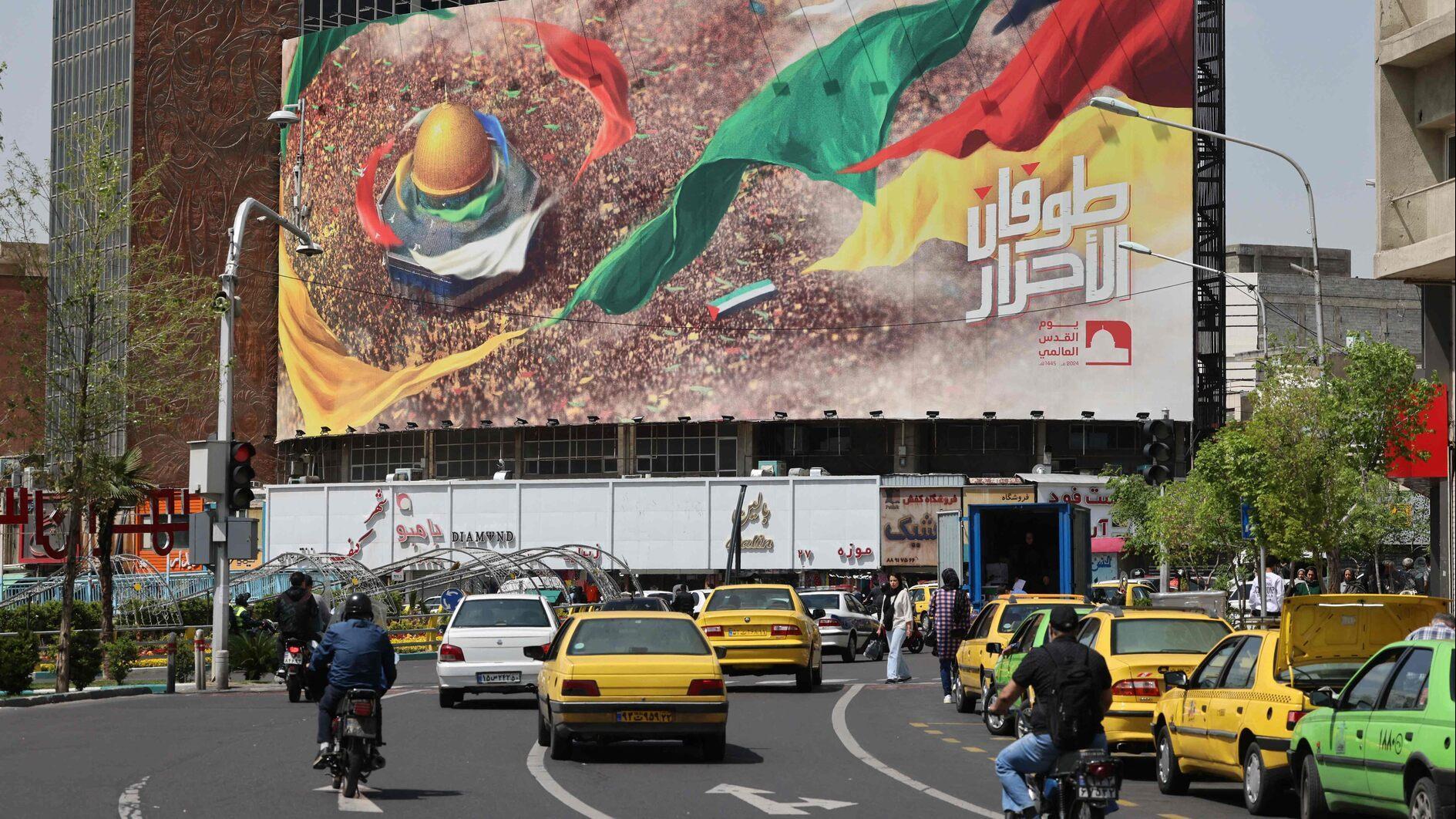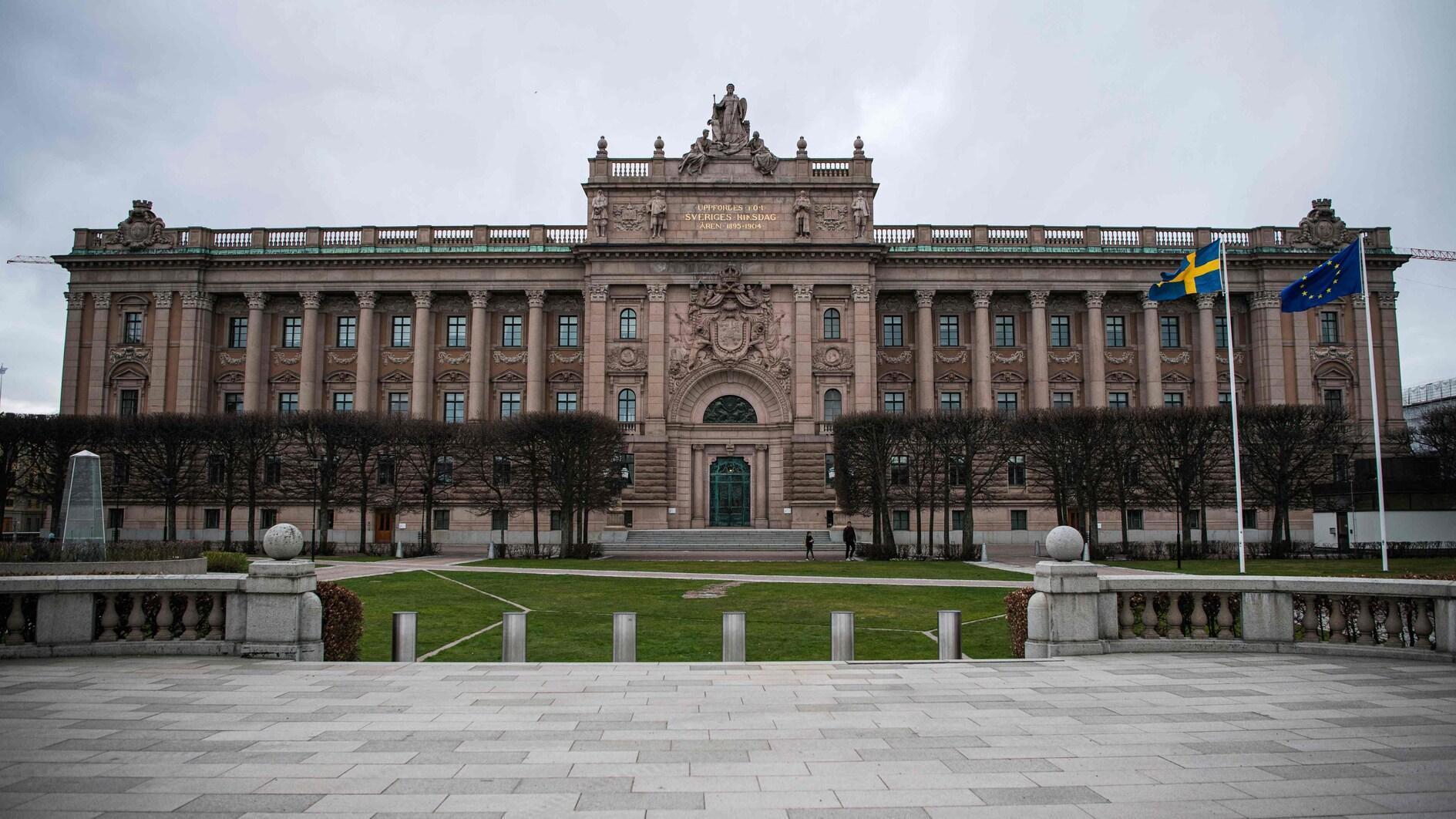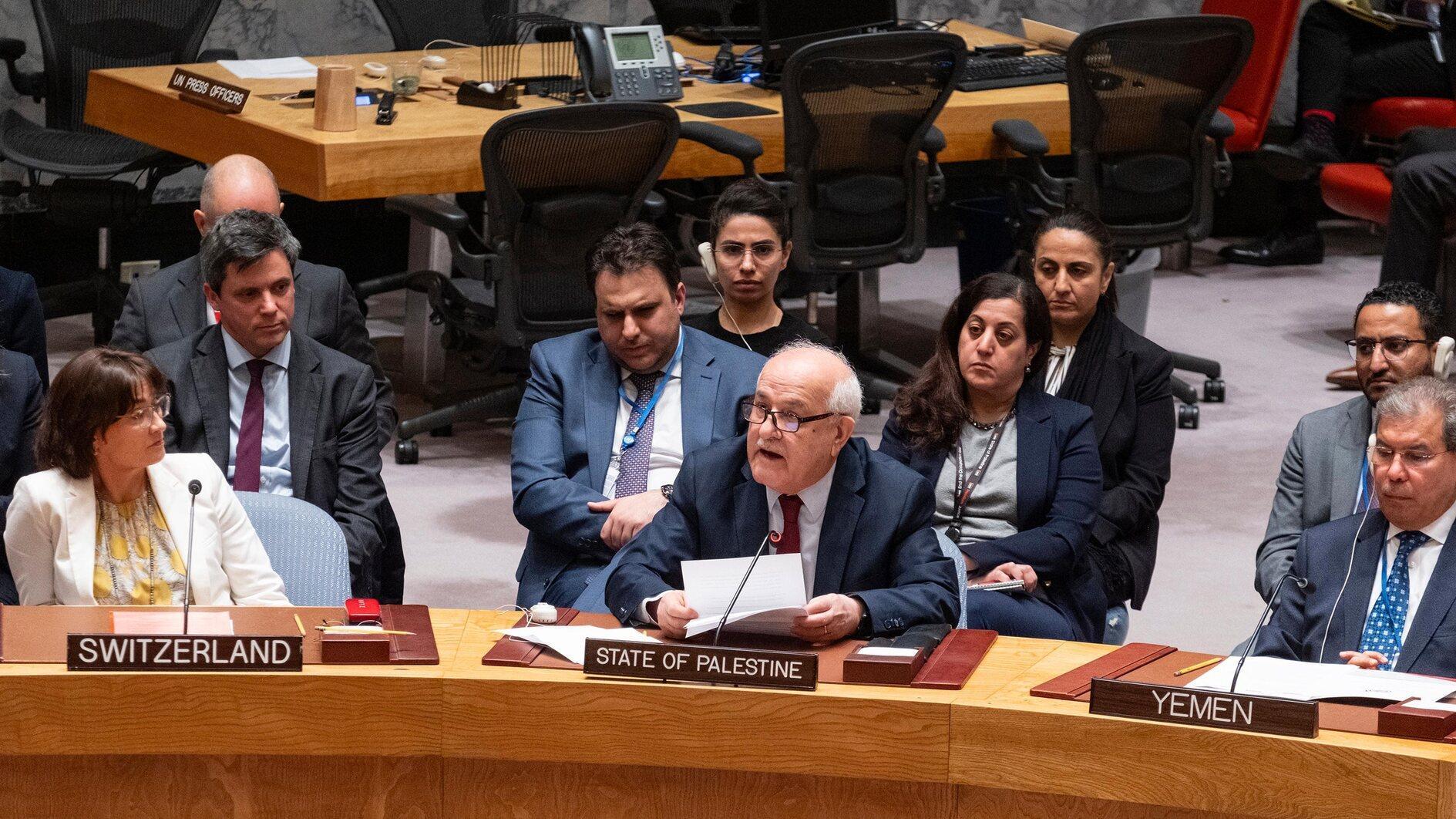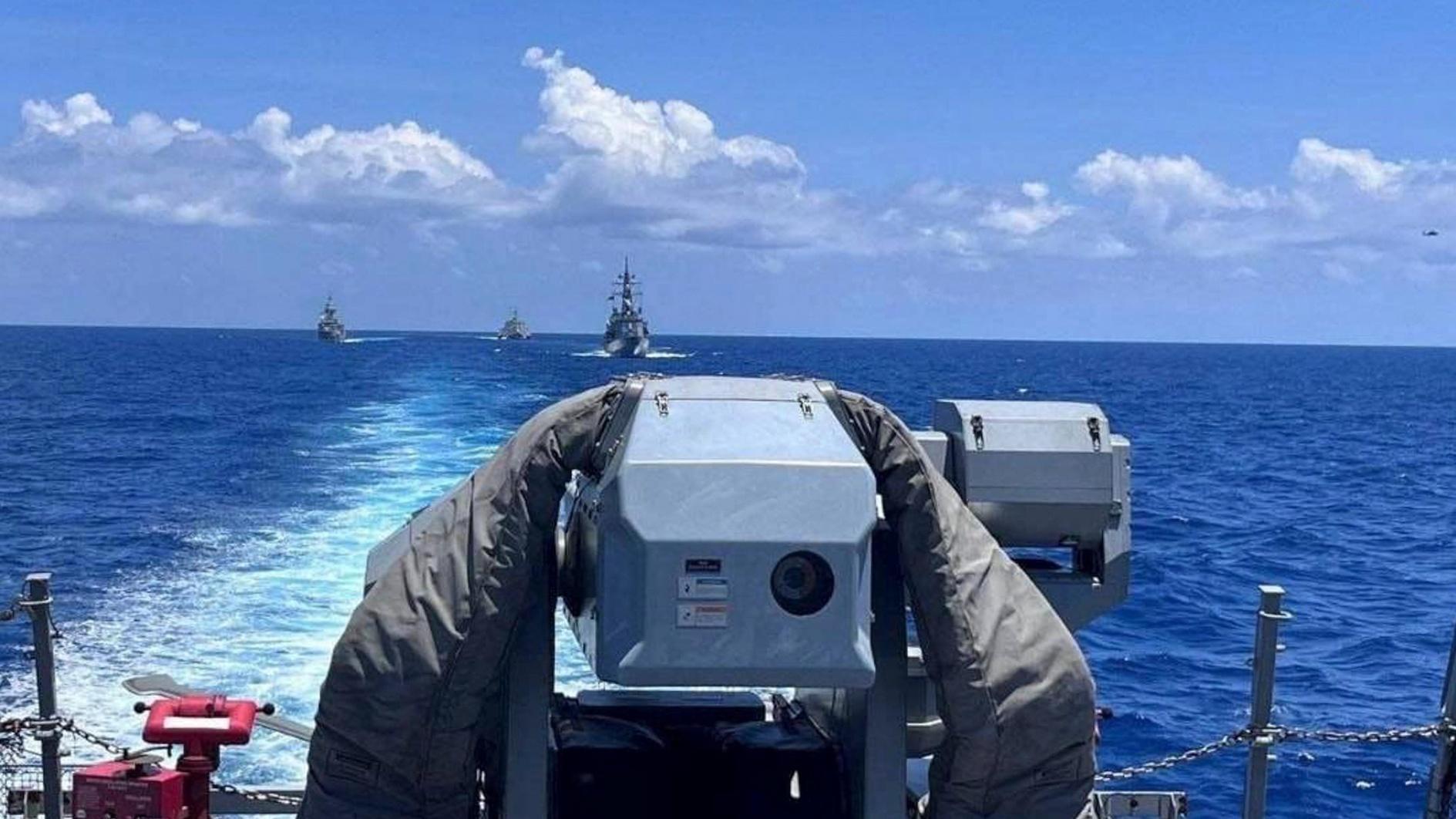Two weakest links in al-Bab
There are two weak links lying behind the delay in advancing the al-Bab operation.
The first is the disorder in the groups that form the Free Syrian Army (FSA), which seriously troubles the Turkish Armed Forces (TSK), to the extent that if the TSK had been able to plan and conduct the Euphrates Shield operation alone it would have chosen a different path. Commanders, who know their capacities, would have been able to analyze “the enemy,” executing plans with an adequate number of units and equipment under a tactic formulated in the operations center.
However, in the Euphrates Shield operation, plans are being prepared and conducted according to the FSA. The Turkish army is providing logistical and supply support for the FSA and helps the FSA hold the areas it has seized. That is how a military structure spreading across 900-square kilometers has emerged.
As a regular army, the TSK has a strict chain of command from top to bottom. But with the FSA groups it is difficult to form one chain of command in the various sizes of groups that do not have adequate military training. The lack of hierarchy and coordination has emerged as the most critical issue in the campaign.
The second major weak link is the risk of confrontation with the forces of Russia and Bashar al-Assad. We have already seen such a confrontation on Nov. 25, 2016, when a Syrian plane bombed Turkish units and three soldiers were killed. Then on the morning of Feb. 9 “friendly fire” from a Russian plane killed three of our soldiers in al-Bab.
The first attack occurred after the TSK had conducted a military operation to prevent the Syrian Kurdish People’s Protection Units (YPG) from connecting Afrin and Manbij; it also came on the first anniversary of the downing of a Russian jet by Turkey. The second attack happened while CIA head Mike Pompeo was in Ankara to take details of Turkey’s plan for al-Bab and Raqqa.
Officials in Ankara believe that these kinds of risks will disappear in the event of full compliance in the agreement between Ankara and Moscow. However, the situation in the field is not so simple. There is a dynamic front and strategic positions are constantly changing.
After the latest “friendly fire” incident, the Russian side claimed that “ISIL was at the site, not the Turks. We did not know it had switched hands.” It is obviously not a coincidence that portraying the TSK as ISIL to the Russians and providing the coordinates was the work of Syrian communications.
“Friendly fire” has killed six of our army members in three months. As the Euphrates Shield operation persists, the risks will only continue.
It should be our right to expect Russia, which demanded an apology letter and compensation for the killed pilot in the downed jet, to take a similar step for our killed soldiers.
Police on campus
The office of the rector at Ankara University did not stop at dismissing academics last week. It also invited hundreds of police onto the campus where the political science and law faculties are located, in order to prevent dismissed academics and those who support them from entering.
This resulted in a sad photograph that will not be forgotten in many years, with police boots trampling all over academic gowns. Hundreds of academics on the street tried to enter the campus, to which police responded by shouting and assaulting.
The upshot is that one of the most respected universities in Turkey, Ankara University, will be remembered with this photo in the future, rather than through its scientific achievements.











